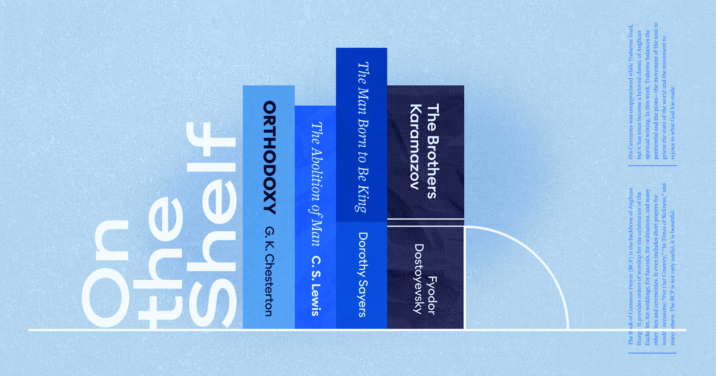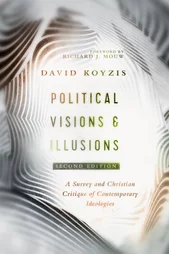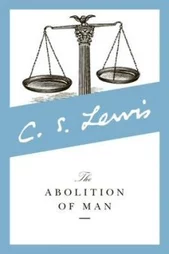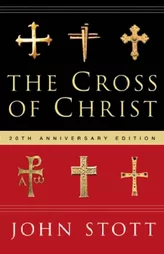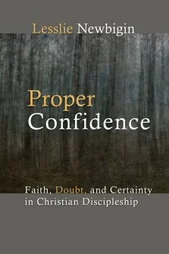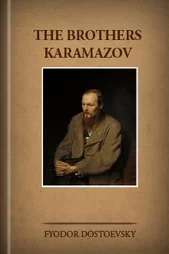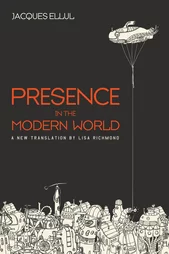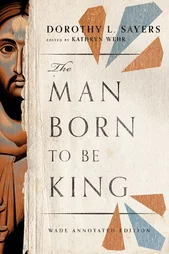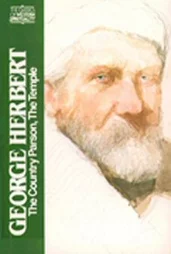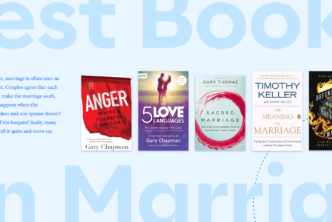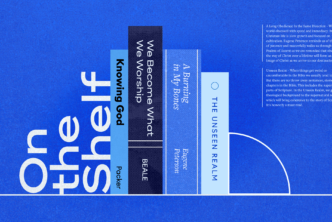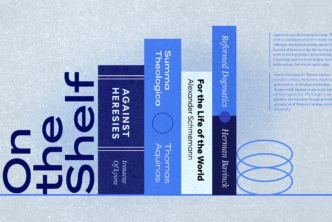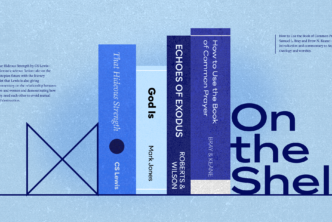Elliot Ritzema is an editor at Lexham Press and a master of sacred theology student at Nashotah House Theological Seminary. He is the editor of Lexham’s Spurgeon Commentary series. He has a master’s of divinity degree from Regent College in Vancouver, BC, and an undergraduate degree in journalism from the University of Richmond.
We asked Elliot to share his top resources with us, and he shared the following eleven books along with some brief commentary for each. The resources we do carry at Logos will have an add-to-cart link. Resources without this link will need to be purchased elsewhere (for now).
1. Orthodoxy by G. K. Chesterton
I first read this in my early twenties when I was feeling a strong temptation to become cynical. Chesterton began his journey to faith by deciding to be grateful for existence, and that helped me to avoid becoming more cynical the more I learned about the world.
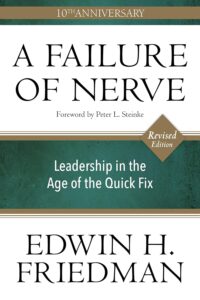
2. A Failure of Nerve by Edwin Friedman
Written from the perspective of systems theory, this is the best leadership book I’ve ever read. It is so good at explaining the relational and power dynamics that any leader has to navigate, and Friedman’s writing about being a non-anxious presence has been a great help to me.
3. Political Visions & Illusions by David T. Koyzis
This is a very helpful overview of political ideologies that neatly lays out the stories they tell about the world and the strengths and weaknesses of those stories.
4. The Abolition of Man by C. S. Lewis
There are so many books by Lewis that I love, but I keep returning to this one because of its contemporary relevance. Lewis was so good at naming the errors in our understanding of human beings that have led to all sorts of current problems.
5. The Cross of Christ by John Stott
This is just a classic work on the atonement that is both academically rigorous and devotional in tone.
6. Proper Confidence by Lesslie Newbigin
This is a short and accessible overview of Christian epistemology with the missional goal of commending the gospel as public truth in a time that despairs of knowing truth at all. I don’t know how Newbigin did this in just over a hundred pages, but he did.

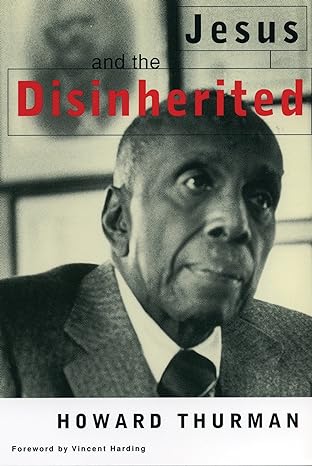
7. Jesus and the Disinherited by Howard Thurman
Thurman begins with a haunting question: “The masses of men live with their backs constantly against the wall. They are the poor, the disinherited, the dispossessed. What does our religion say to them?” Then he proceeds to lay out a profound spirituality of loving one’s neighbor and retaining one’s humanity in the midst of oppression.
8. The Brothers Karamazov by Fyodor Dostoyevsky
What makes great novelists great is their ability to depict, in a story, what it is like to be human in all its glory and beauty and disappointment and horror. This is Dostoyevsky at his best.
9. Presence in the Modern World by Jacques Ellul
Ellul was a brilliant prophetic voice in the twentieth century, but it’s hard to know where to begin reading him. The Technological Society is not a bad place, since that’s his most popular book, but to get a sense of his overall approach, it’s best to begin with Presence in the Modern World.
10. The Man Born to Be King by Dorothy Sayers
Sayers wrote this series of radio dramas about the life of Jesus for the BBC, and they were broadcast in 1941–1942. They work both as entertainment (Sayers was great at writing dialogue) and as a way to gain new insight into sometimes-familiar Gospel stories.
11. The Temple by George Herbert
Herbert lived in the seventeenth century and so his language can be at times unfamiliar to modern readers, but his devotional poetry absolutely repays any effort it takes to read it.
Don’t miss these other book recommendations
- Hot Takes on Top Commentary Sets in Logos
- 10 Anglican Books You Should Know
- 42 Best-Selling Books by & for Pentecostals
- 40 Best-Selling Books for Baptists

